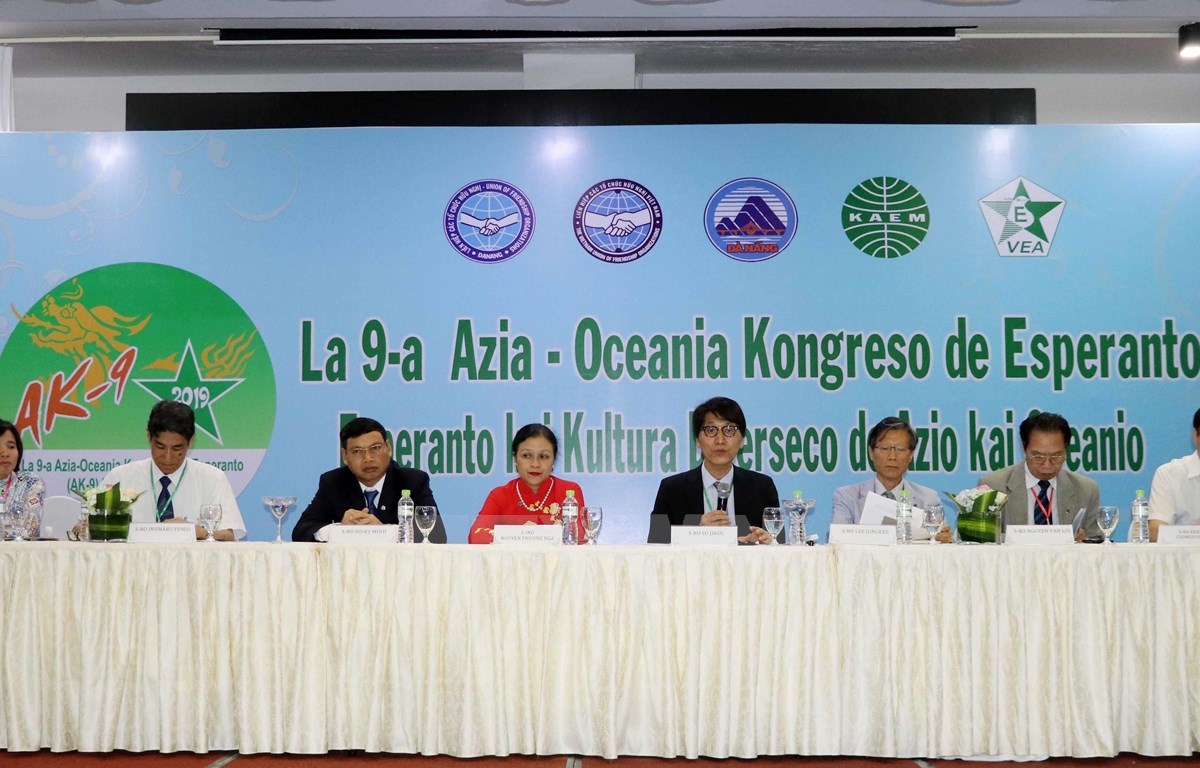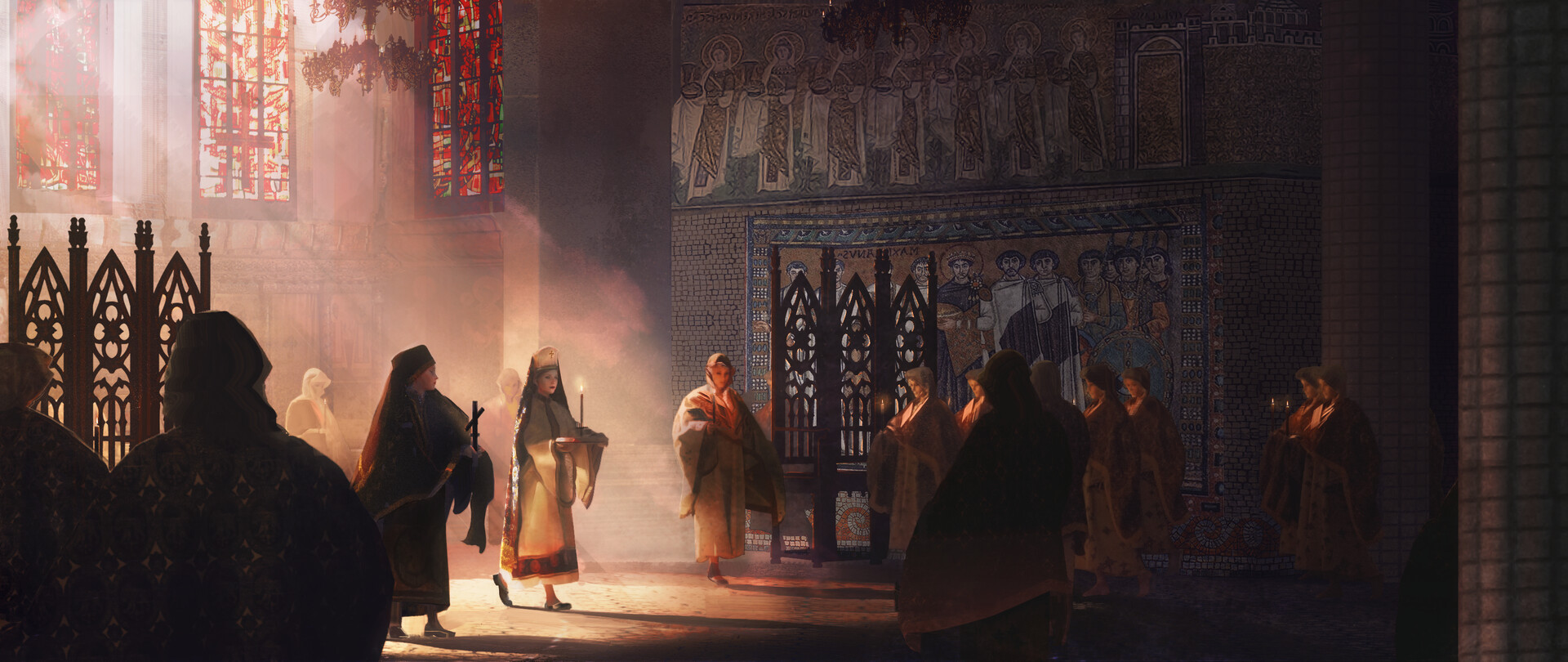The Southern Star is an online platform offering high-quality coverage of Zardic topics for an international audience.
________________________________________________________________________________________________________________________
May 5370
Jelbic Opposition in Zardugal
Jelbic exiles establish Revolutionary Council.
________________________________________________________________________________________________________________________
Ever since the establishment of the Lahm regime in Vanuku in June 5363, tensions with its southern neighbour Zardugal have been steadily on the rise. Taking place in the context of a broader conflict of influence between recently assertive Vanuku and Majatran hegemon Beiteynu, these tensions, though subdued at first, have recently escalated as a result of Vanukean rejection of Zardic preconditions for the continuing demilitarization of Zardugal and the subsequent Zardic rearmament. Though these tensions have for now remained overshadowed by the larger Beiteynuese-Vanukean conflict, it has recently reached absurd heights when Vanuku erected several statues of Zardic general turned Jelbic warlord Nikandro Heraklito along the border with Zardugal.
The conflict is not just between Vanuku and Zardugal and their respective allies and friends. As an authoritarian single party state Vanuku has been violently suppressing all opposition to the Lahm regime, and many opposition figures found their way south in Zardugal. The latter imposes no border controls of any kind on anyone who wishes to enter the country and has a very permissive refugee and asylum policy, meaning that the recent Vanukean exiles had no difficulty obtaining refuge in Zardugal and setting up opposition networks, including, most notably, the establishment of The Grak Sháhazi (Black Lion), the most well known Vanukean opposition newspaper.
In Zardugal these exiles joined the already existing native Jelbic community, most of which belong to the Jelbido ethnic group, as well as political exiles and refugees from Jelbe, the other Jelbic state, currently ruled by a less modern but no less oppressive Khan. Not all these exiles are part of any organized opposition, but their joint experience of exile and contact with one another has led to them forming an increasingly organized community, fostered by their shared culture and ideological outlook. The Vanukean and Jelbek exiled formed various opposition organizations, some communist, some republican, and some liberal, with the common goal of eventually overthrowing the monarchies in the two Jelbic states and establishing some form of democratic republic in their stead.
This month these various opposition groups decided to unite into a single organization. The Jelbic Revolutionary Council (Jelbijé Pvstjogadé Bltmojad) was established this month as the sole opposition organization for both Vanuku and Jelbe. Headquartered in Zardugal and receiving the full backing of the Zardic government, the Jelbic Revolutionary Council is a pan-Jelbic republican and democratic opposition movement, whose ultimate aim is the overthrow of the Vanukean and Jelbek monarchies and their unification into a pan-Jelbic democratic and socialist republic to be known as Jelbijestán. The Council rejects the older pan-Jelbic concept of Krsyjogadnrkta (literally "Union of the North") as a reactionary and monarchist term, and believes that Jelbic monarchies have acted as parasites on the Jelbic nation with the backing of foreign powers and conquerors. The Council is also firm in its criticism of Nikandro Heraklito, whom they condemn as a "Zardic dog and colonizer" who "slaughtered millions of Jelbics and appropriated our traditions for personal gain". Notably, the first chairman of the Jelbic Revolutionary Council, a Vanukean exile named Nrljmai Klunehnd, gained notoriety earlier this year when she slipped past Vanukean border control and organized the theft of one of the Temrkai statues with several accomplices. The whereabouts of the stolen statue are unknown, but her opposition to the Vanukean government is.
Zardic sponsorship of the Jelbic Revolutionary Council marks an explicit endorsement of Zardic opposition to the governments of its two Jelbic neighbours, and will most likely be ill received by both. While this marks a clear escalation in the brewing Majatran conflict, it also makes Zardugal's stance that much clearer.

Founding congress of the Jelbic Revolutionary Council.



/cloudfront-eu-central-1.images.arcpublishing.com/prisa/OHFKWRV7YNHNNIMI6CPKBE37XU.jpg)